Nigerian authorities have initiated measures to block access to several prominent cryptocurrency exchanges globally.
This decision comes as the government endeavors to curb currency speculation, particularly amid the significant depreciation of the Nigerian naira to unprecedented lows.
Telecom Regulator's Directive
Late on Wednesday, according to individuals familiar with the situation, the Nigerian Communications Commission (NCC), the telecom regulator, issued directives to telecom companies to restrict consumer access to websites of major companies such as Binance, Coinbase, and Kraken. Subsequently, consumers experienced intermittent access to specific sites on Thursday.
Shift in Crypto Policy
This move signifies a reversal in Nigeria's stance on cryptocurrencies. Previously, President Bola Tinubu's government viewed cryptocurrencies as part of its extensive market-friendly reforms aimed at attracting foreign investment to the struggling economy.
These reforms encompassed efforts to regulate digital assets, considering tokens like Bitcoin and Tether as competitors to traditional assets. Additionally, the government revoked a ban on crypto transactions, initially imposed to enhance anti-money laundering and counter-terrorism financing measures.
However, the government is also grappling with its convoluted system of multiple exchange rates and striving to abandon its years-long currency peg. In the past eight months, the Nigerian naira has been devalued twice. On Wednesday, the naira reached 1,600 against the dollar, as per LSEG data, a stark contrast from less than 900 at the beginning of January.
Concerns and Responses
On Wednesday, Bayo Onanuga, a special adviser to President Tinubu, accused Binance on the social media platform X of "blatantly" setting the exchange rate for Nigeria, undermining the Central Bank of Nigeria's authority as the primary currency rate setter.
According to Bloomberg, Binance responded, stating that some users in Nigeria were encountering difficulties accessing their platform and assured that users' funds were secure. However, neither the NCC nor Coinbase and Kraken responded to requests for comment.
Despite Nigeria's position as the second-largest country, after India, in terms of the proportion of private wealth stored in cryptocurrency, analysts suggest that interest in digital assets primarily stems from young investors.
According to Crypto Slate, digital assets have garnered popularity due to waning trust in the naira as a reliable store of value.
Nigeria has employed unconventional tactics to safeguard the diminishing value of its currency, including shutting down AbokiFX, a price-setting website, and declaring a local Binance entity illegal. Moreover, in 2015, trees lining the capital's streets, Abuja, were felled to deter parallel market traders.
Photo: Microsoft Bing





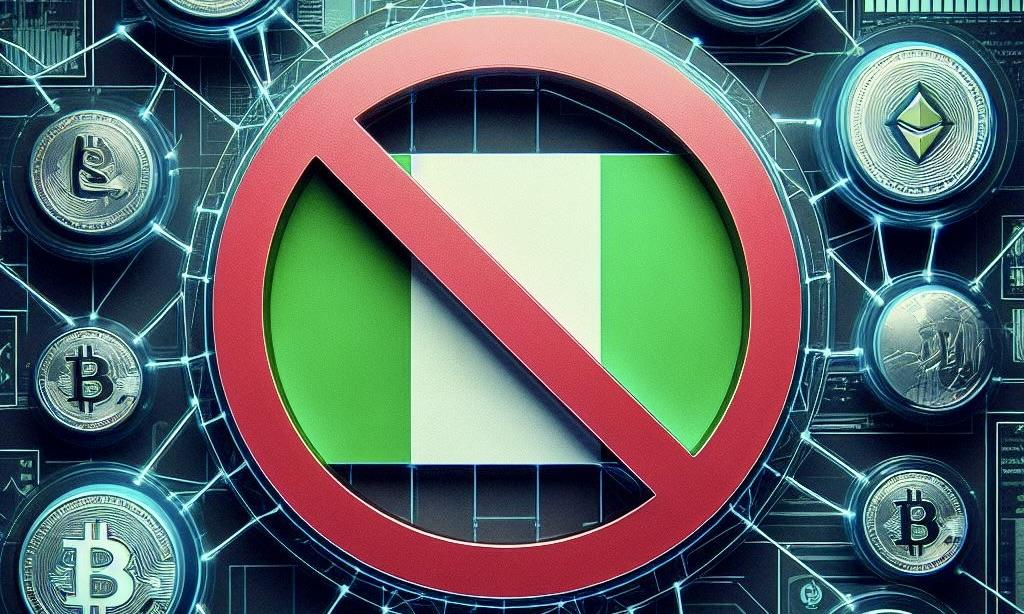

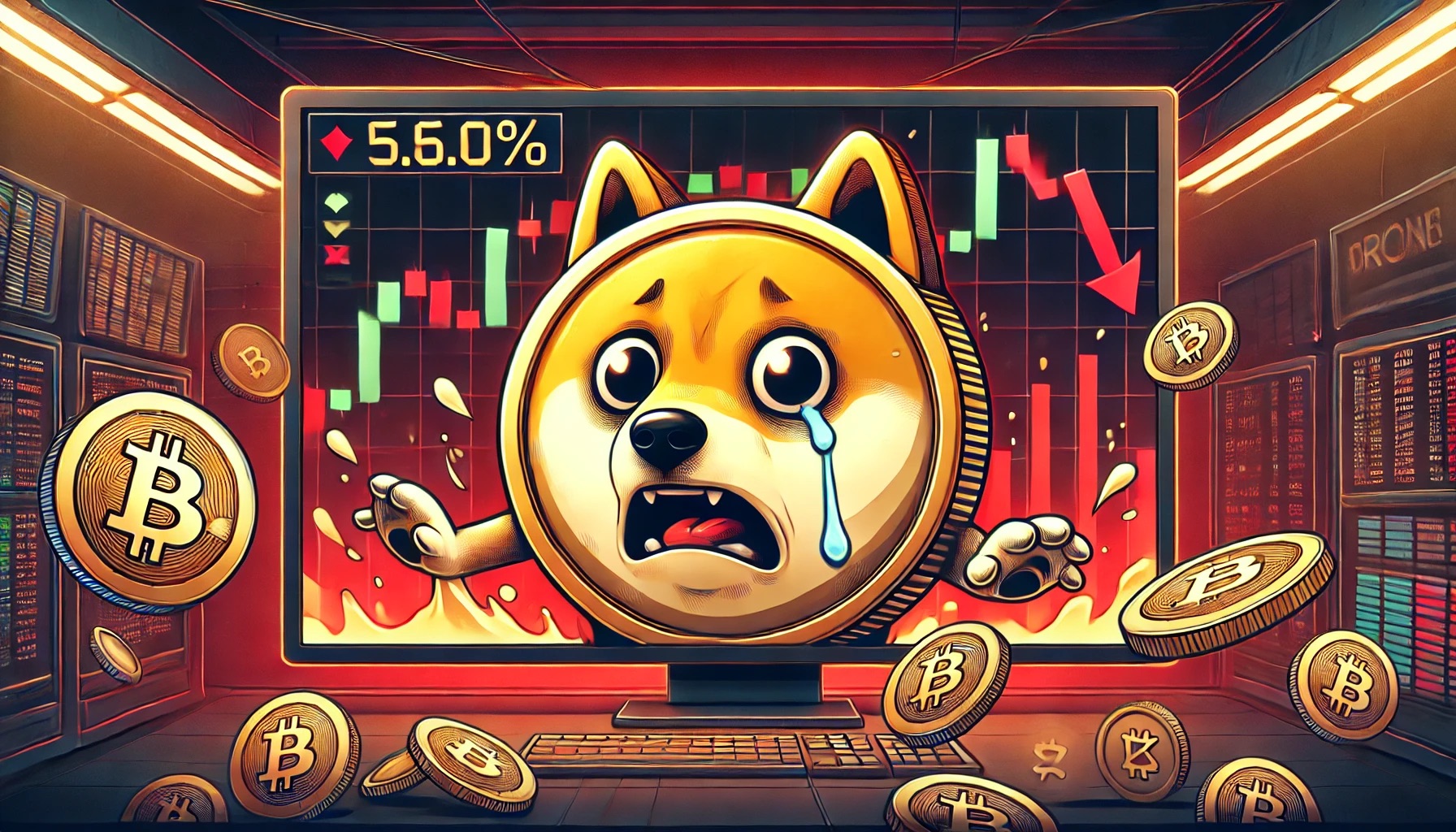


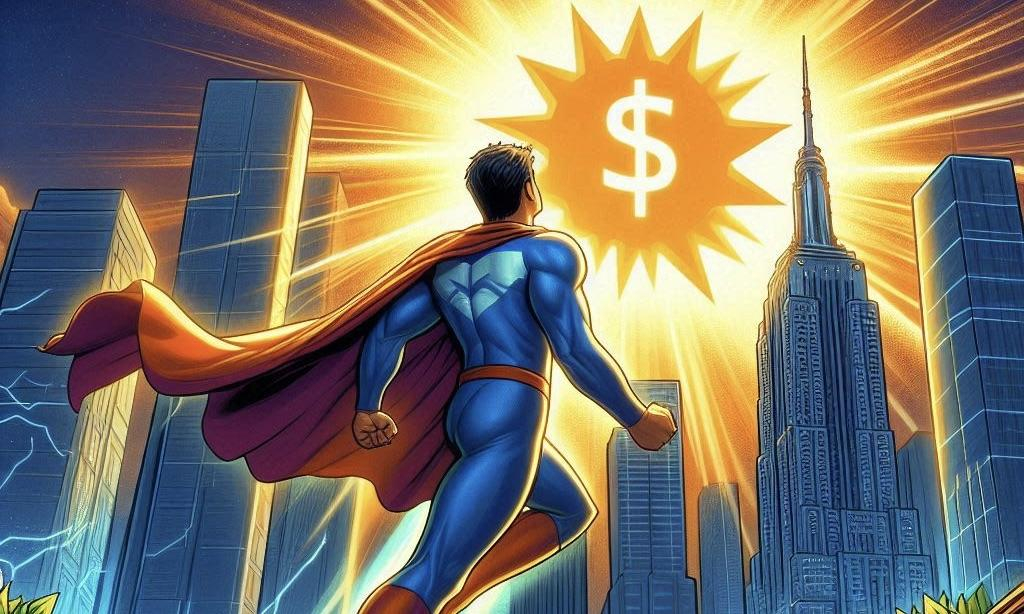

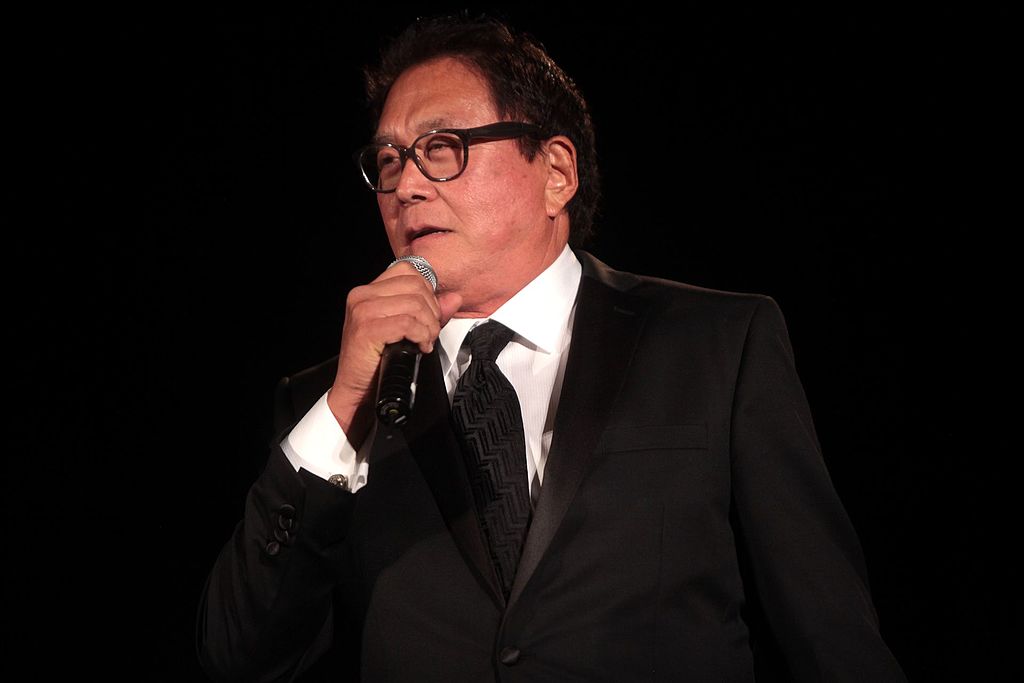



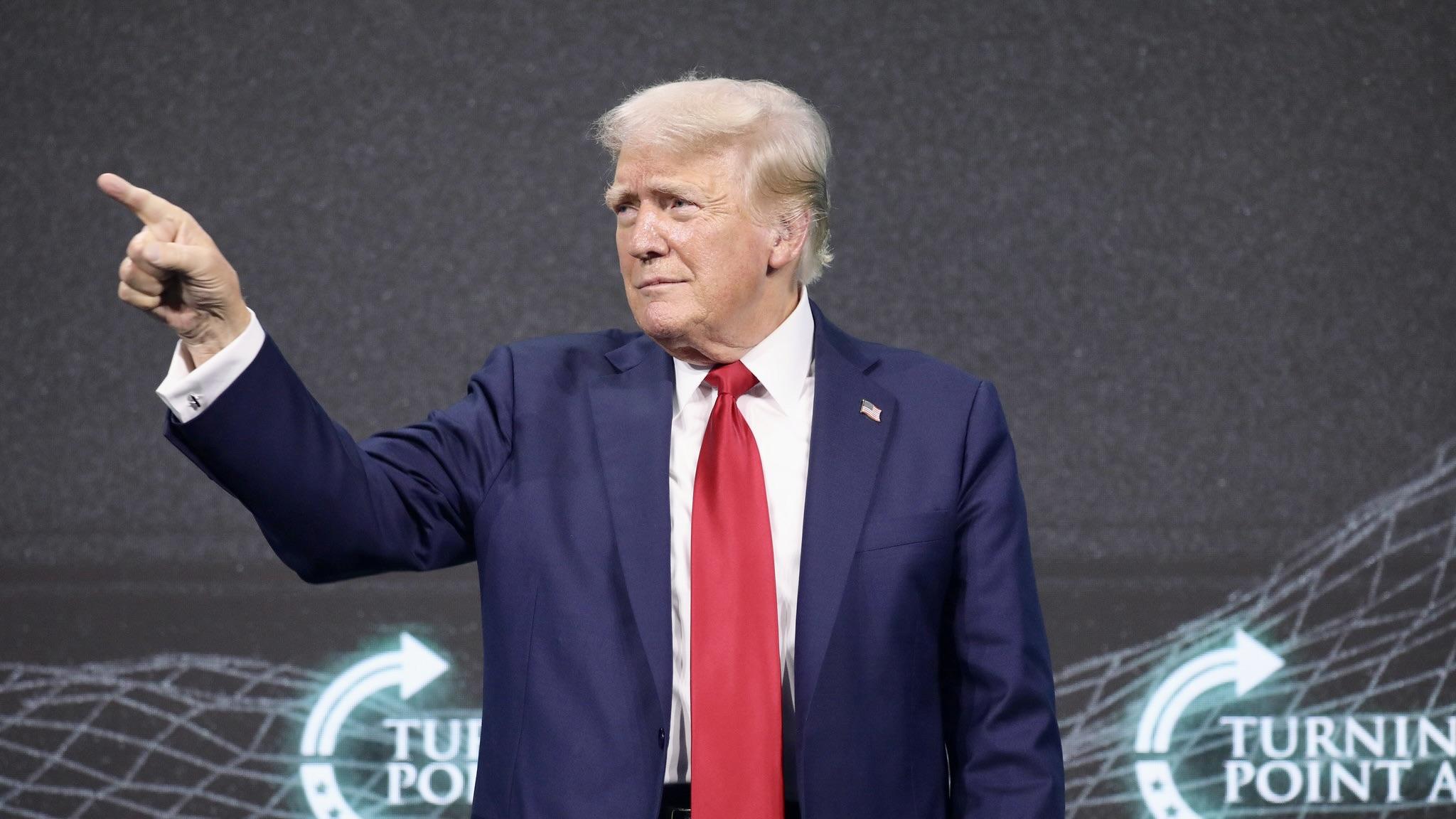


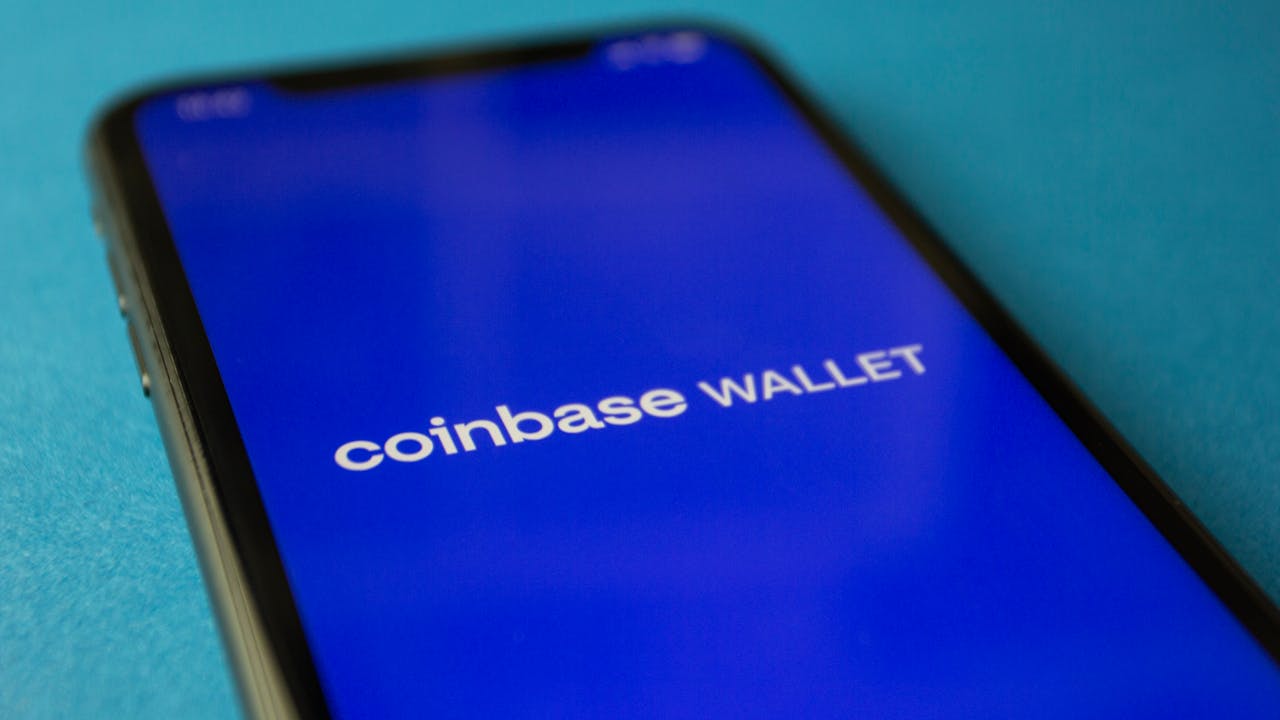
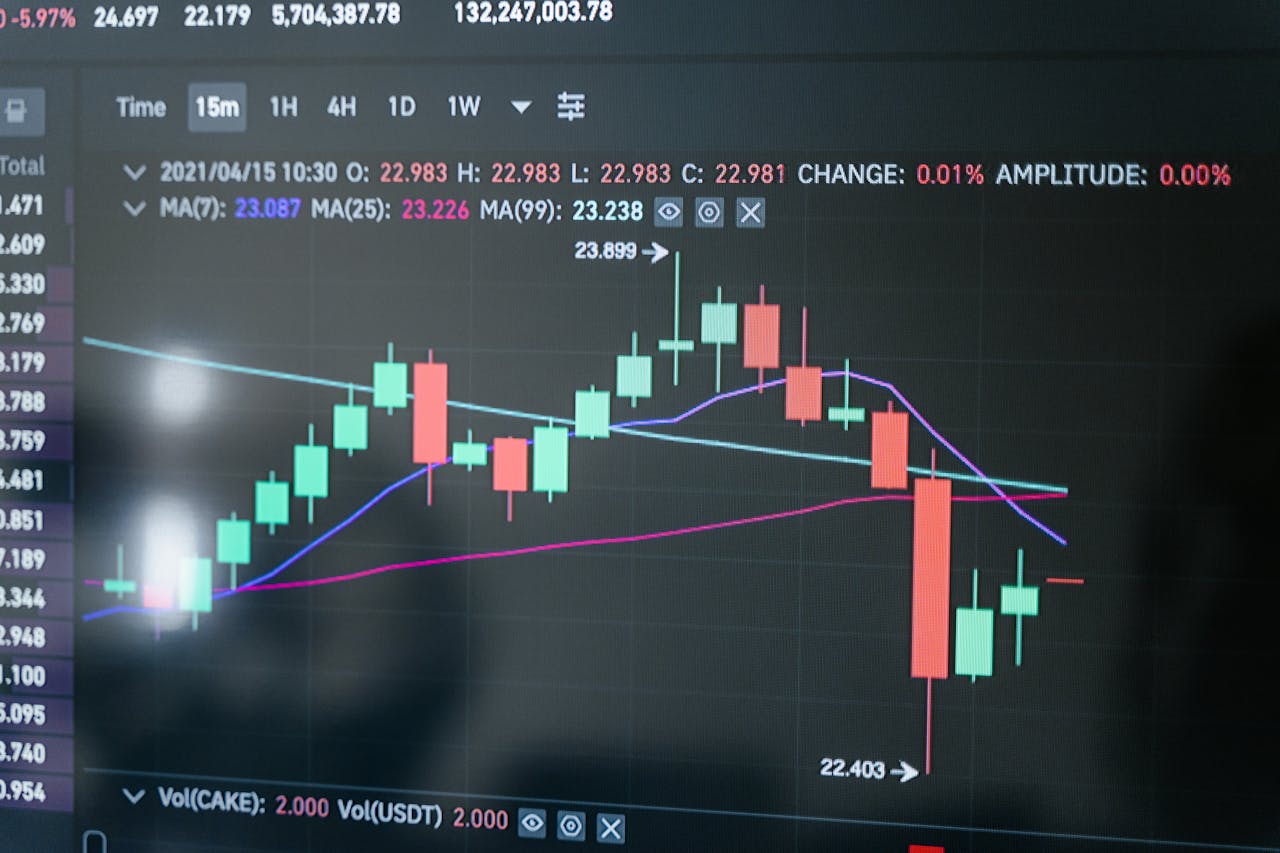






Comment 0